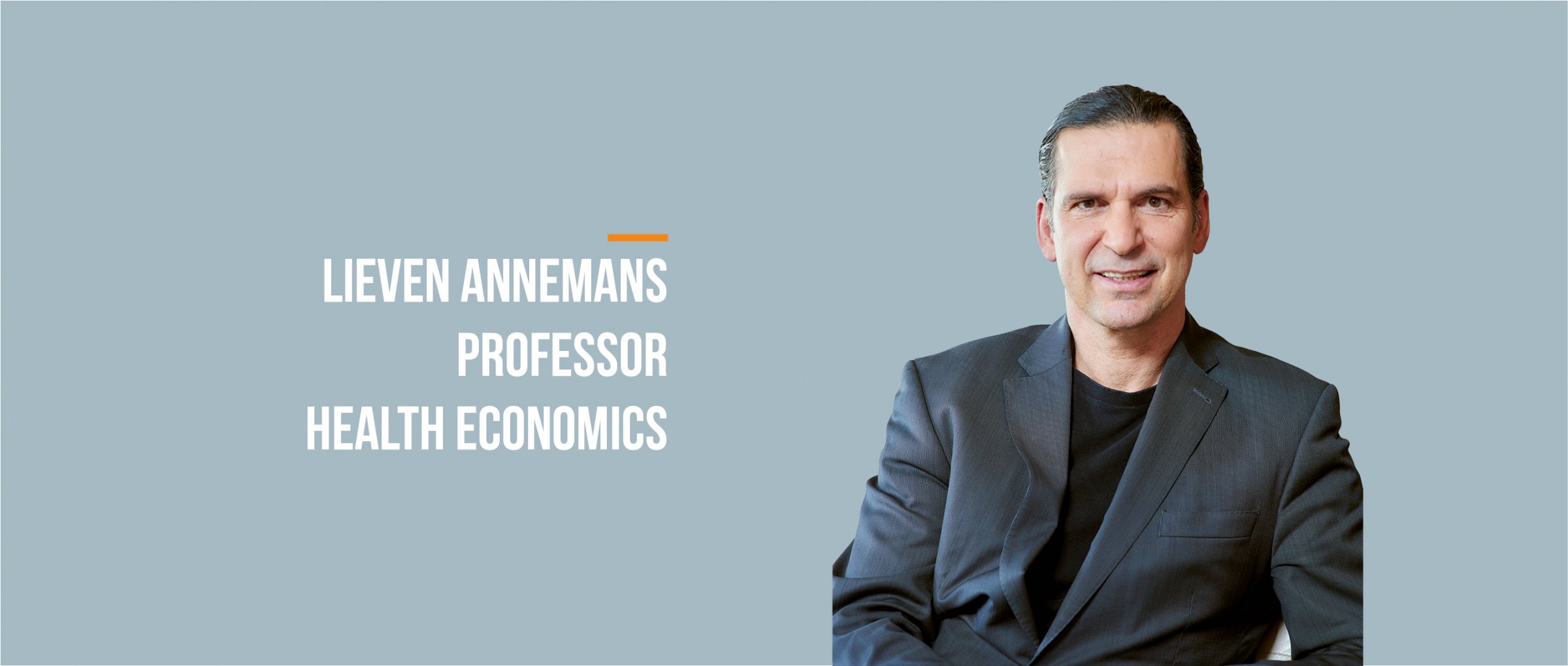The solution for the current discussion between on the one hand the price is too high and on the other hand there is a huge medical need, is according to some, value based pricing. Namely the higher the value of a medicine, the higher the price that the medicine should receive.
What is the problem with value based pricing?
The problem with value based pricing is that some people think that if the value is fantastic then the price can automatically be fantastic. And there are two things that are not sufficiently taking into account currently, that is first of all the health burden to the patient, and secondly the impact of the medicine on the healthcare budget.
Why is value informed and affordable pricing the solution?
In the concept of value informed and affordable prices, on the one hand the value to society increases with the health burden to the patient. So the higher the health burden to the patient, the more we are willing to pay as a society for the new medicine. But on the other hand, the impact on the budget will then again decrease our societal willingness to pay. The higher the impact on the budget, the lower our societal willingness to pay for additional units of health gain.
What are the benefits for patients and society?
I believe that the solution that I propose here is beneficial for both patient and society. Patients will have a much better understanding about why some medicines are reimbursed, why the prices of other medicines is considered to high, because the framework is quite simple to understand. Same for society overall. As a society with this solution, we can give a clear signal to the innovative industry in the sense that yes, we want your innovations, but these are the limits of our societal willingness and ability to pay.
What are the benefits for pharmaceutical industry?
I believe that also the pharmaceutical industry will benefit from this concept. Because then at least they know what the situation is in a given country or in a given set of countries.
Because there are clear societal thresholds, and the societal thresholds are modulated in function of the severity of the condition, on the one hand and on the impact on the budget on the other hand. So there will be much more clarity and less uncertainty for the pharmaceutical industry.
What is the first step?
The first step that we need to implement this new model, is that we recognize that the health burden to the patient has an influence on the societal willingness to pay. The higher the health burden, the more we should be willing to pay as a society. And this should be a joined effort between payers and industry. I see already a very good initiative in the Netherlands were this is already been reported, also recently in the UK, but we need that of course in more countries.
And then the second step is the most difficult. That requires research about how can the impact on the budget effect the societal willingness to pay. It goes down of course, the higher the impact on the budget, the lower the willingness to pay. But we should better quantify that relationship.
Of course today this new concept of value informed and affordable prices is not yet embraced by everybody, but it is my task to give lectures about it, to writet reports, to give video messages, in order to convince as much as possible people that not only this model is needed, but also that they should work together to get there. That means that insurers, governments, patients, physicians, industry, should have joined efforts to get to this new model. And I am convinced that this is possible.
Want to know more?
See also his video about ‘Outcomes Based Performance Agreements’, read the publication of Prof. Annemans and Prof. Pani ‘Dynamic outcomes based approaches to pricing and reimbursement of innovative medicines’ or get in contact with Bas Amesz.



